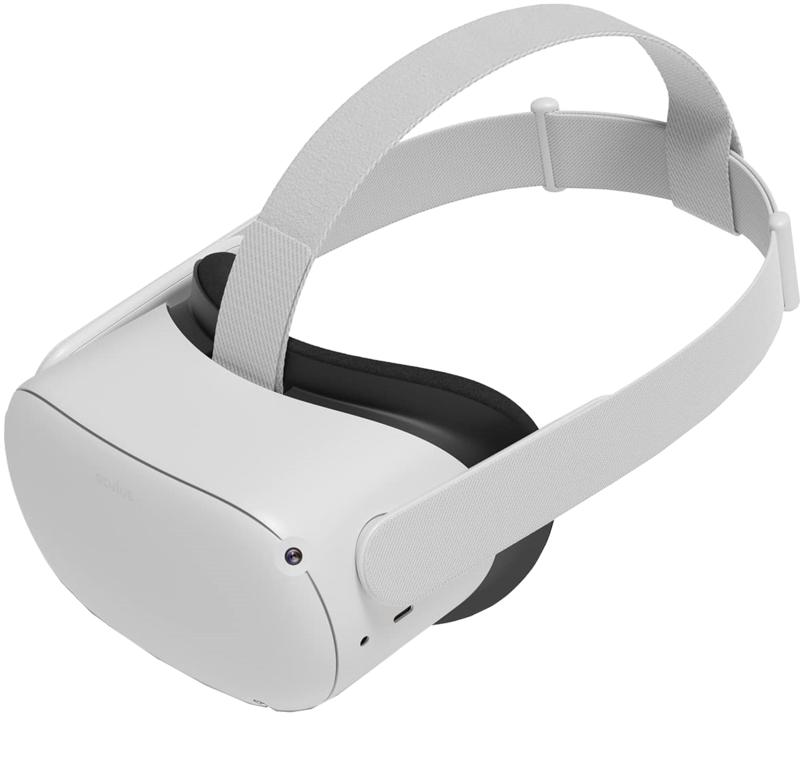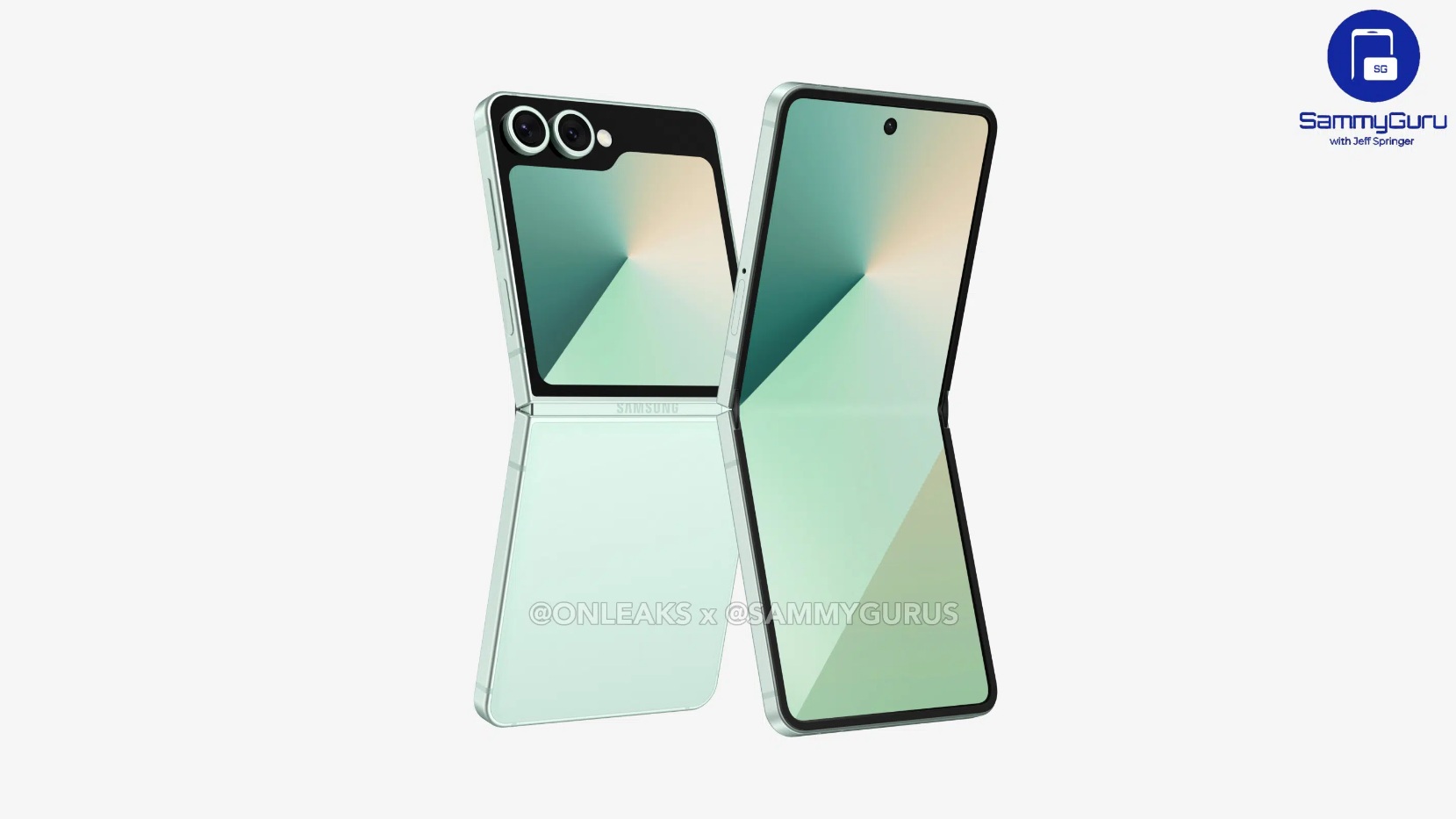Project Cambria renders prove Meta's next headset will go all-in on mixed reality
Meta put its passthrough cameras front and center, enabling full-color passthrough so you're no longer as isolated in VR
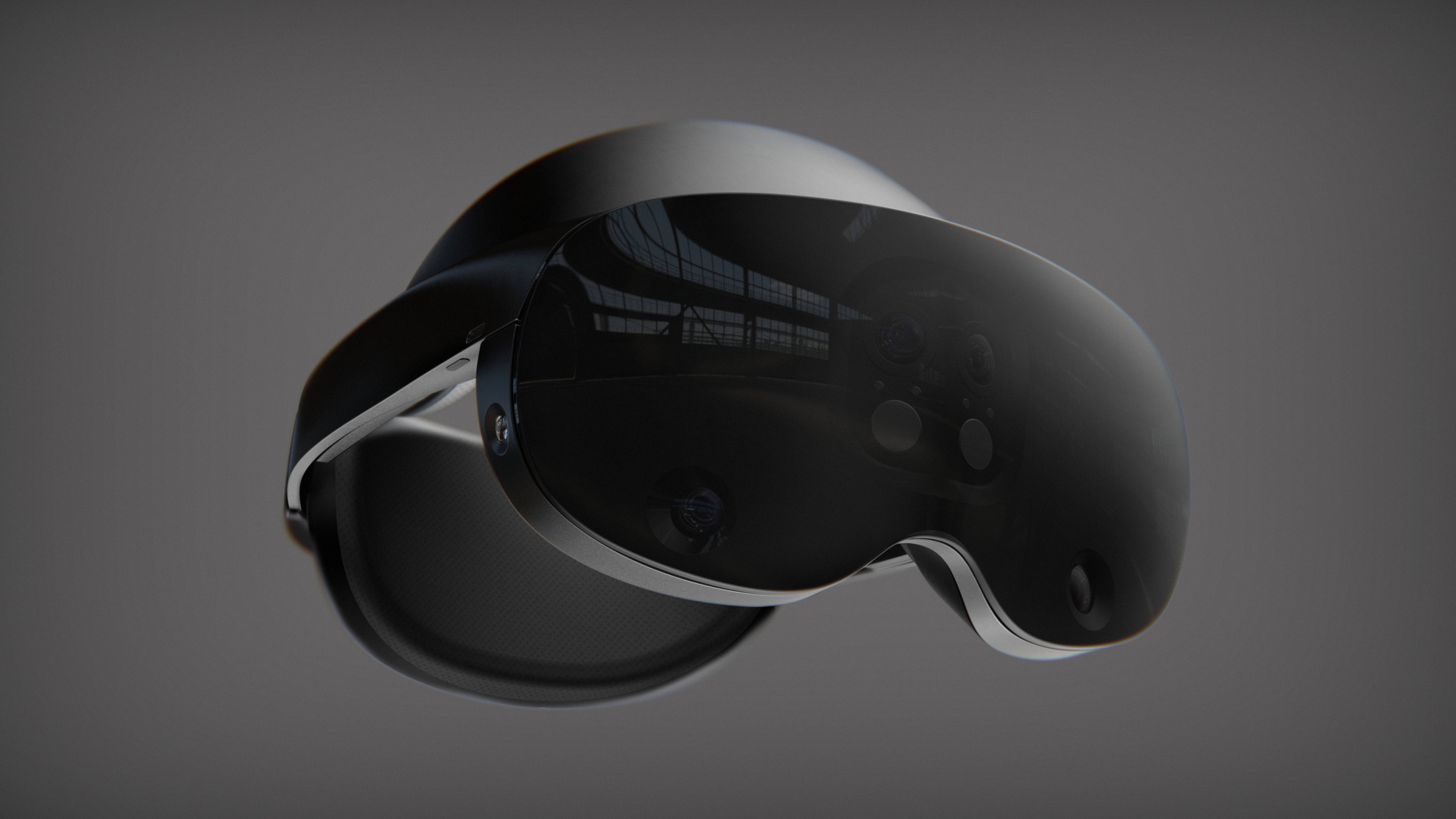
What you need to know
- VR leaker Bradley Lynch has produced renders of Project Cambria, or the Quest Pro, based on physical photos of the headset.
- It has visible 3D cameras and sensors that will support better passthrough than found on the Quest 2.
- Lynch claims the headset is "ready for mass production" and could hit shelves in a couple of months.
Meta announced its new headset, Project Cambria, during its Connect event last October, and leaked internal renders at the time showed a built-in Elite Strap, better forehead support, and a glasses-esque design. But YouTuber SadlyItsBradley released a video showcasing renders of Cambria — aka the Quest Pro or Meta Seacliff, based on various rumors — after seeing leaked real-life photos of the device.
Lynch also referenced a source that claimed Project Cambria's design has been finalized and could enter mass production any day now.
These renders showcase a translucent front, revealing six prominent cameras or sensors that will support HD full-color mixed-reality passthrough. Compared to the solid-black design seen in leaked Meta renders from last year, the final product makes the cameras "way more visible," Lynch says.
The Quest 2 has four small built-in cameras along its front edge for tracking and passthrough. Cambria's transparent front ensures Meta can more naturally incorporate sensors into the device's center.
The design also showcases the XR upgrade to consumers, a clear shift from the Quest design that could make it more appealing — while also ensuring people in the room know you can see them.
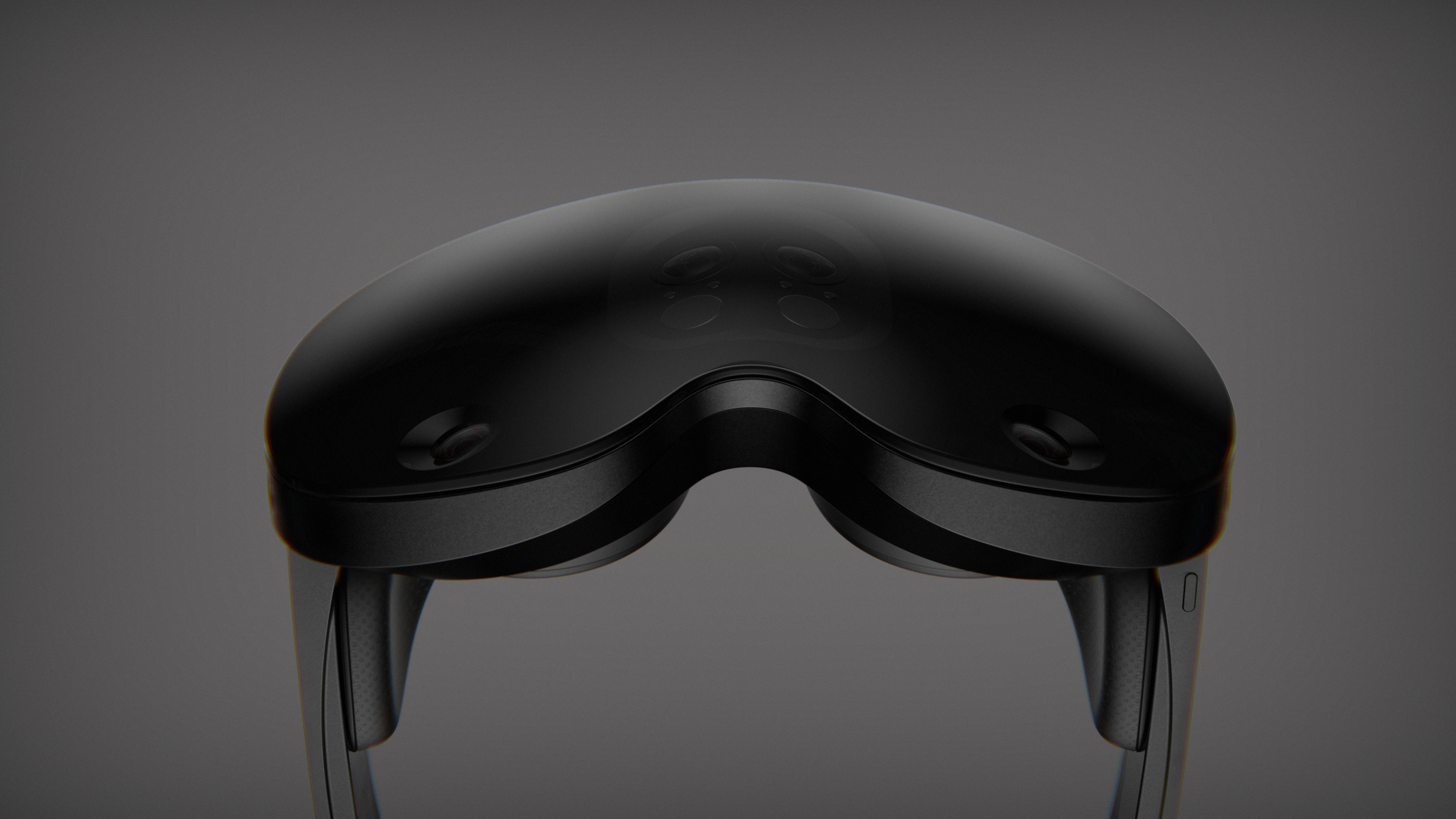
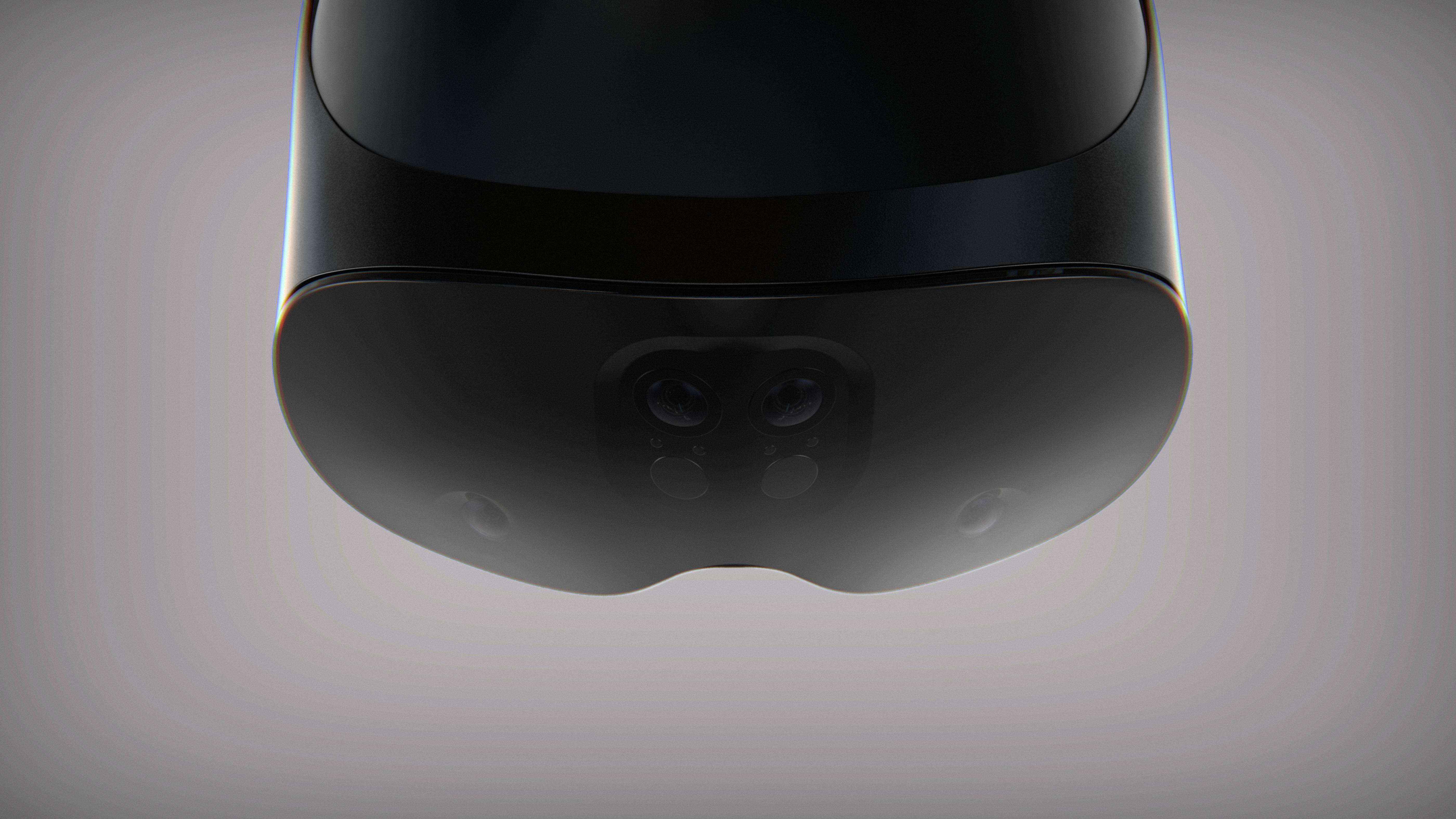
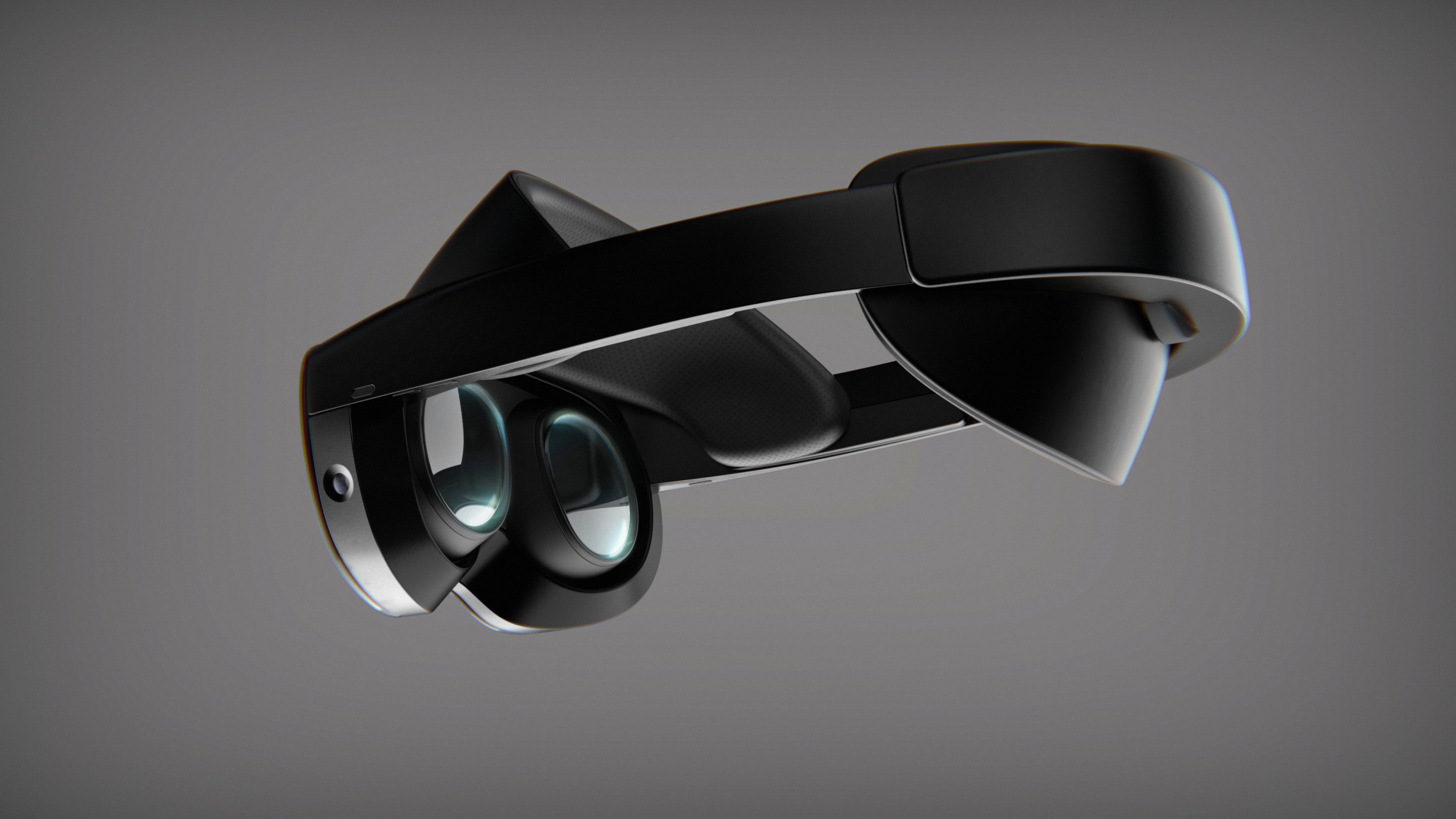
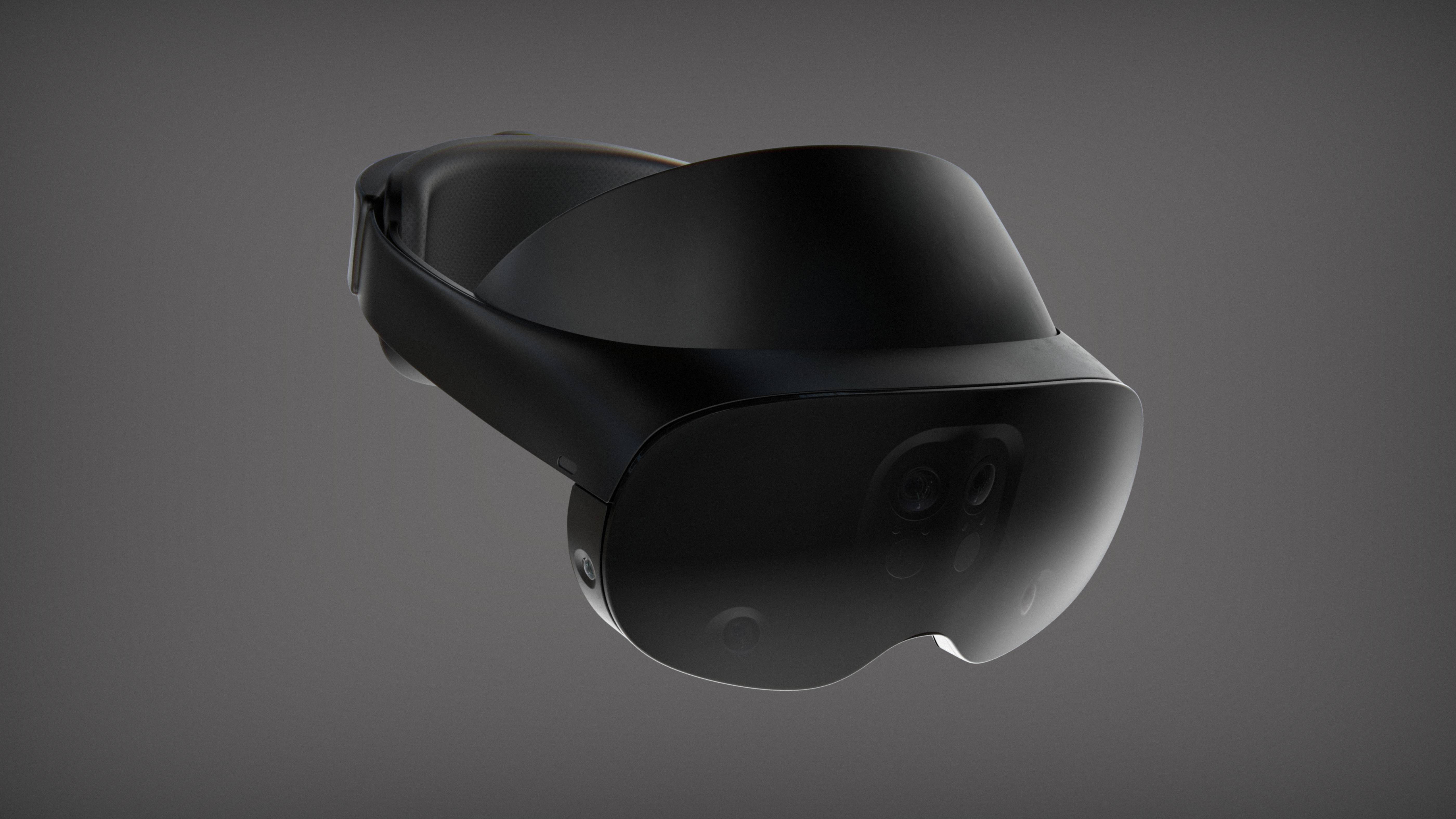
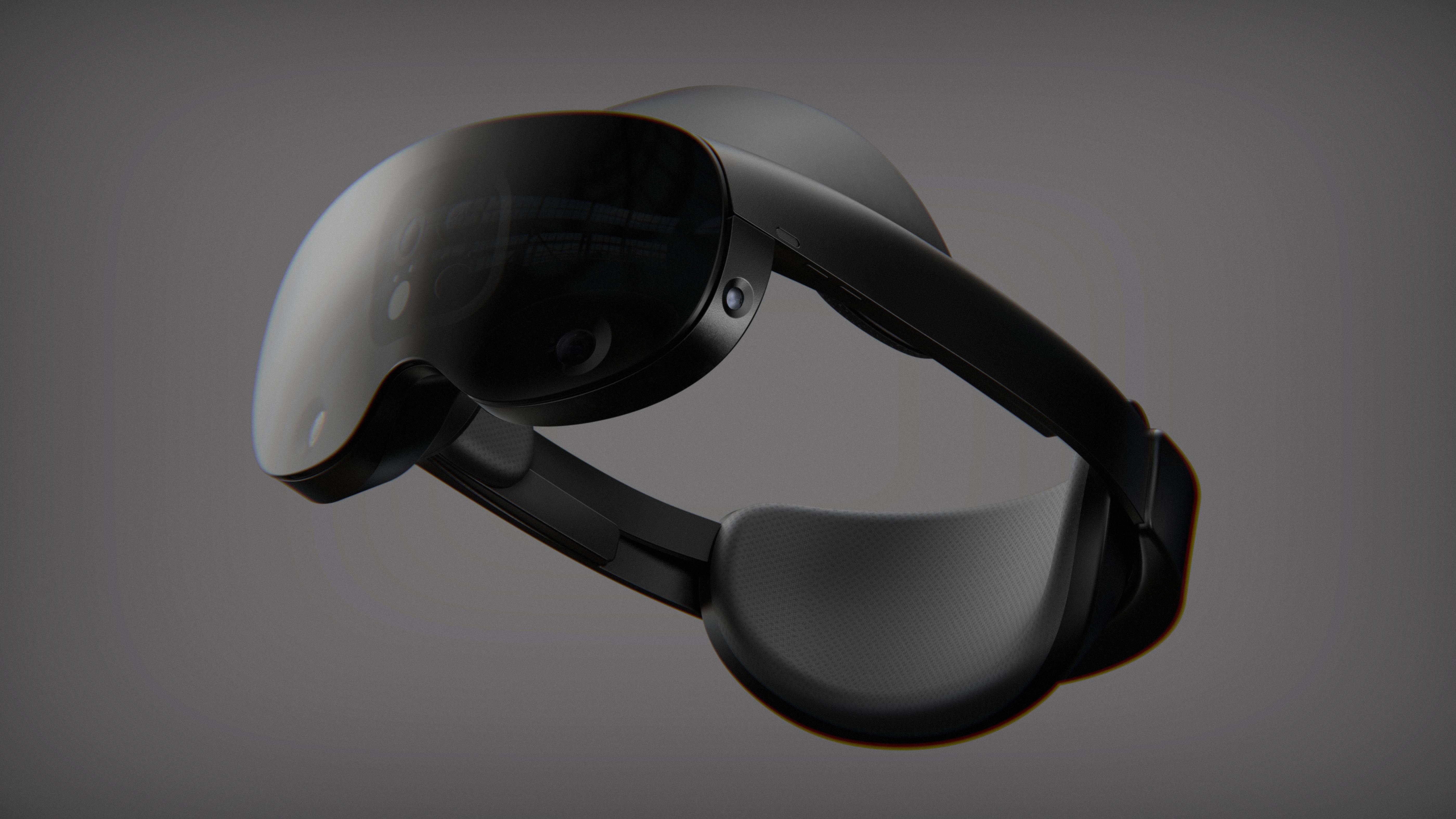
Lynch speculates that the top-middle pair of cameras will support improved hand-tracking, the bottom-middle sensors will measure time of flight or depth of field, and the bottom-edge cameras will power passthrough.
For the latter, Lynch noted that these cameras sit significantly below where your eyes actually are, and that Meta will have to use software to adjust your passthrough vision accordingly.
Be an expert in 5 minutes
Get the latest news from Android Central, your trusted companion in the world of Android
In a separate video from last week (embedded above), Lynch spoke to someone who tested the headset and said, "don't expect Cambria to be something that different" from the Quest 2.
Apparently, it will use the Snapdragon XR2 Gen 1 found in the Quest 2, though the new headset will have better cooling for higher clock speeds. So it's not going to support anything you'd consider next-gen, which makes sense given Meta isn't marketing Cambria as a gaming device.
We knew from Meta that Cambria would use "pancake optics" to make the lenses thinner, which will help make it much less front-heavy than the Quest 2. But now we have alleged specs for the lens quality: 2160 x 2160 per eye at 90Hz, using mini-LED tech that should offer better contrast and blacks.
For comparison, the Quest 2 hits 1832×1920 per eye, while the PS VR 2 will support 2000 x 2040 — suggesting a major visual improvement. On the other hand, Cambria's FOV supposedly is very similar to the Quest 2, noticeably narrower than what you'd get with PS5 VR or the Valve Index.
The source also told Lynch it will have the same audio set-up but an improved dual-mic with echo cancellation.
For anyone excited about more augmented reality features, or simply worried about tripping over pets while in VR, this Cambria leak will give you plenty to be excited about. But if you were hoping for a major performance upgrade while playing the best Quest 2 games, you're more likely to be disappointed.

Michael is Android Central's resident expert on wearables and fitness. Before joining Android Central, he freelanced for years at Techradar, Wareable, Windows Central, and Digital Trends. Channeling his love of running, he established himself as an expert on fitness watches, testing and reviewing models from Garmin, Fitbit, Samsung, Apple, COROS, Polar, Amazfit, Suunto, and more.
